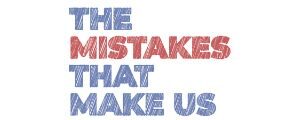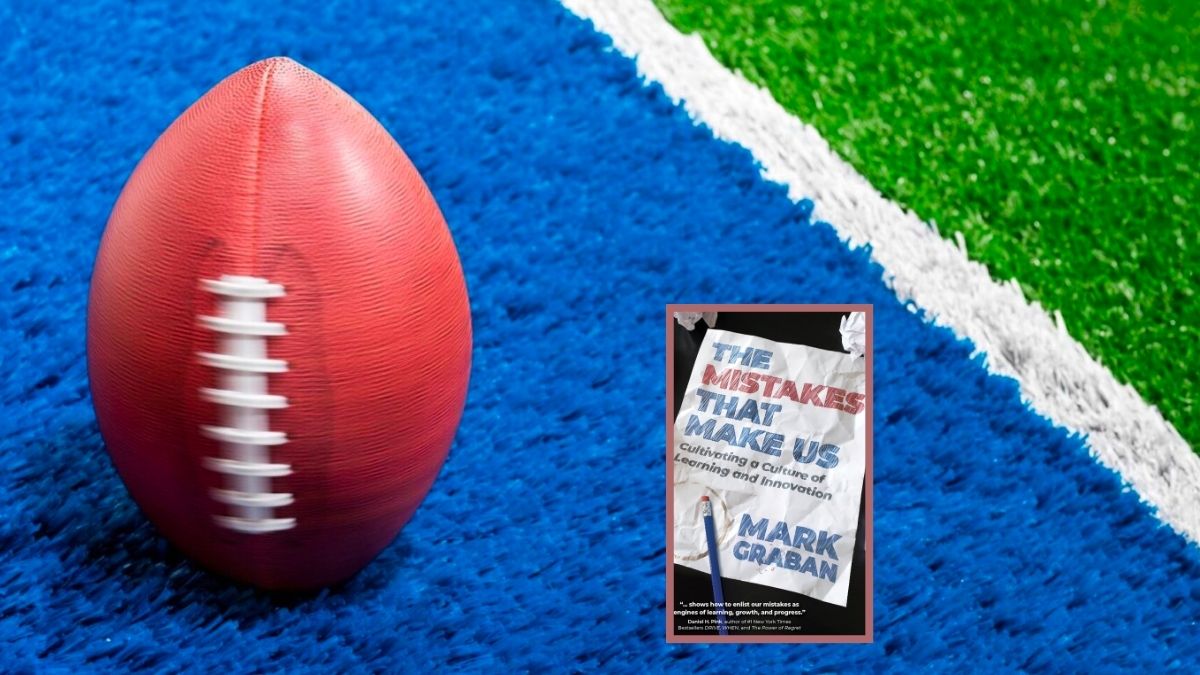It was a stunning finish to last Saturday’s big matchup between two top-ten NCAA college football teams, as #6 Ohio State scored the winning touchdown against #9 Notre Dame on the last play of the game, taking a 17 to 14 victory.
The mistake isn’t giving up a touchdown. The stunning mistake was that the Fighting Irish had just TEN players on the field on defense, when football is an 11-on-11 game.
As documented by ESPN:
It wasn’t just that final deciding play — it was the final TWO plays of the game.
How does that happen? How does Notre Dame not correct the mistake before it could hurt them? How could they not correct the mistake after the first play with ten men?
What’s even more stunning is that Notre Dame did NOT learn from a less-costly version of that mistake that they made three games earlier against Tennesee State.
This article from The Athletic has some details and comments from head coach Marcus Freeman:
Notre Dame didn’t know 10 men were on field in penultimate play vs. Ohio State, Freeman says
Had they noticed they only had ten players, they could have brought an 11th out onto the field because Ohio State (on offense) made a substitution. By rule, you’re only allowed to make substitutions on defense if the offense makes substitutions.
“That lack of recognition cost the Irish a chance to substitute after Ohio State quarterback Kyle McCord’s pass to Marvin Harrison Jr. fell incomplete and the Buckeyes substituted running backs, which by rule meant Notre Dame could change personnel before the snap.”
They had 45 seconds to discover the mistake, but did not.
Notre Dame had roughly 45 seconds of real time to identify its mistake.
“We did not know,” Freeman said. “By the time we noticed in the last play, it was too late to do anything about it.”
Ohio State ran the ball right to the spot that should have been occupied by the missing Notre Dame defensive lineman. I mean, the Buckeyes very well could have scored on that play anyway. But it’s an embarrassing coaching lapse on Notre Dame’s part.
I’ll give Freeman, as head coach, credit for not blaming anybody.
“… Freeman wouldn’t say which player should have been on the field or which staffer was responsible for communicating the substation.”
It wouldn’t be fair to blame the missing player. Coaches are responsible for deciding who goes out on the field. Is it somebody’s job to count the players before the play?
Notre Dame had no timeouts left, so even if they had noticed they only had ten men, their only option would be to intentionally jump offside. The penalty would move the ball half the distance to the goal line… and Ohio State was basically already there.
Jumping offside means you could play with 11 defenders against the slightly shorter distance to the goal line. I’m just a fan who never played the game, but I’d take my chances with the penalty and the chance to play with a full defense.
Freeman disagrees, so I should defer to his expertise, perhaps…
Marcus Freeman Explains Why Notre Dame Only Had 10 Players for Final Plays vs. Ohio State
“We were trying to get a fourth d-lineman on the field and I told him just stay off because we can’t afford a penalty. I didn’t have any timeouts,” Freeman said. “We couldn’t afford a penalty there. It’s on us. We gotta be better.”
Freeman talked about the need for systems, per The Athletic article:
“There’s a whole bunch of systems in place to make sure that doesn’t happen, but ultimately it falls on me,” Freeman said. “That’s the reality. I’m not gonna get up here and say this person should have done that, ultimately I have to do a better job as the head coach to make sure those systems we have in place are executed.
Those systems didn’t work and I agree that responsibility falls on the most senior leader — the head coach.
Freeman added:
“We all have to own that and make sure that never happens.”
They need to learn and, I agree, prevent it from happening again.
Except… it happened before, in the first week of the season.
Notre Dame Foreshadowed 10-Men Debacle With Same Mistake in Week 1
So uh, Notre Dame only had 10 players on the field on this play. Tennessee State nearly scored a touchdown.
— Tyler Horka (@tbhorka) September 4, 2023
That can't happen against better teams. pic.twitter.com/AXqlL76PTz
To me, that systemic failure would be a reason to learn and adjust, even though it didn’t cost them. It’s the same idea that I talk about in my book — you need to learn from the versions of a mistake that don’t cause great harm… so you can prevent the next version of that mistake that does cause harm (such as cases involving near-miss medication errors)…
From the S.I. piece:
“Since the mistake against Tennessee State didn’t ultimately hurt the Fighting Irish, Notre Dame apparently didn’t focus on it enough to prevent it from happening again weeks later. Now that the team actually has lost a game due to being a man short on defense, Freeman seems intent to make sure it won’t happen again.“
Be careful with the “didn’t hurt us” reason to not investigate and learn from mistakes. If you’re a Notre Dame fan, it’s a shame that they didn’t learn from Week 1.
Learn from small mistakes as a way to avoid big ones, as I discuss in this recent video:



